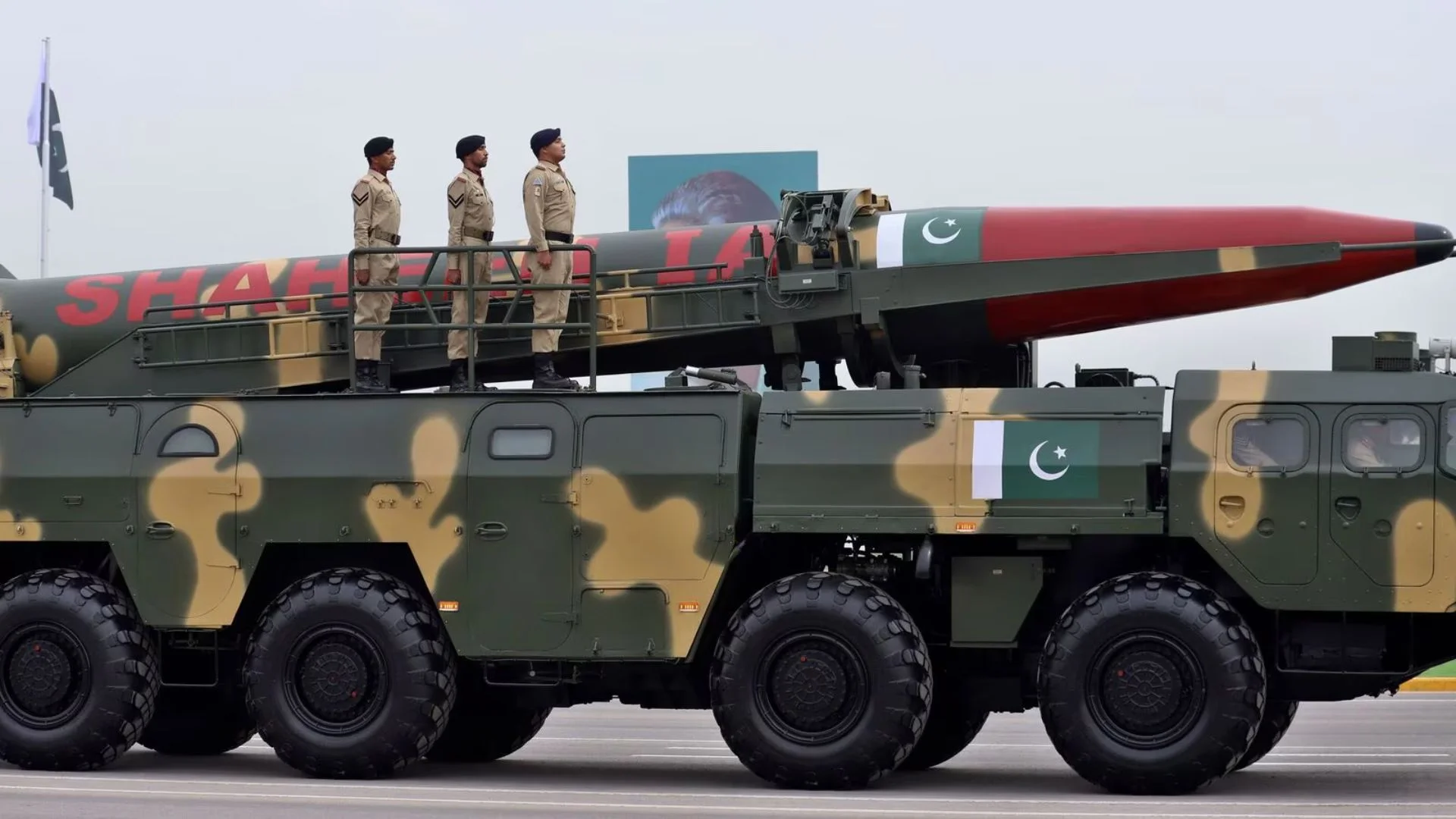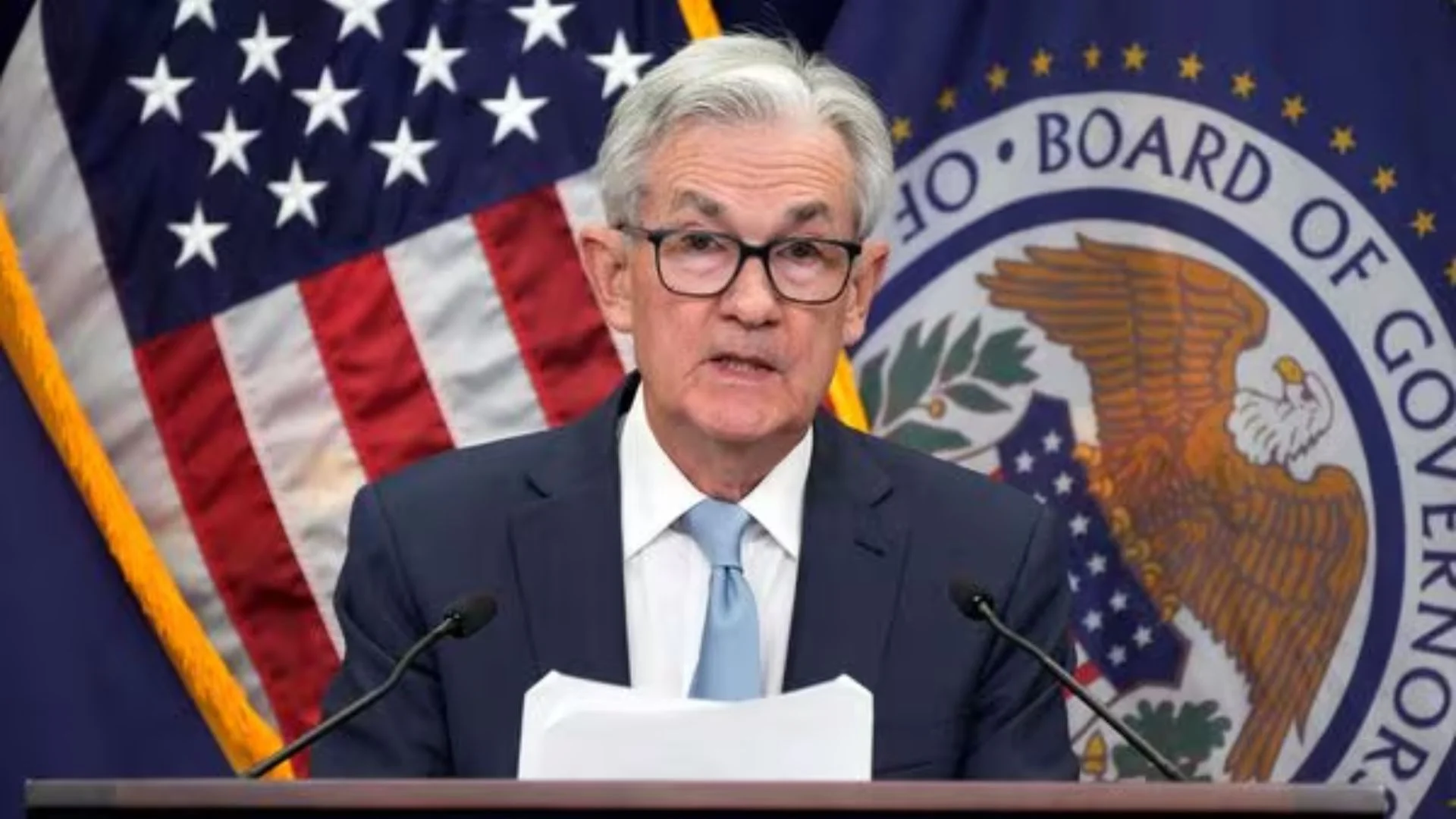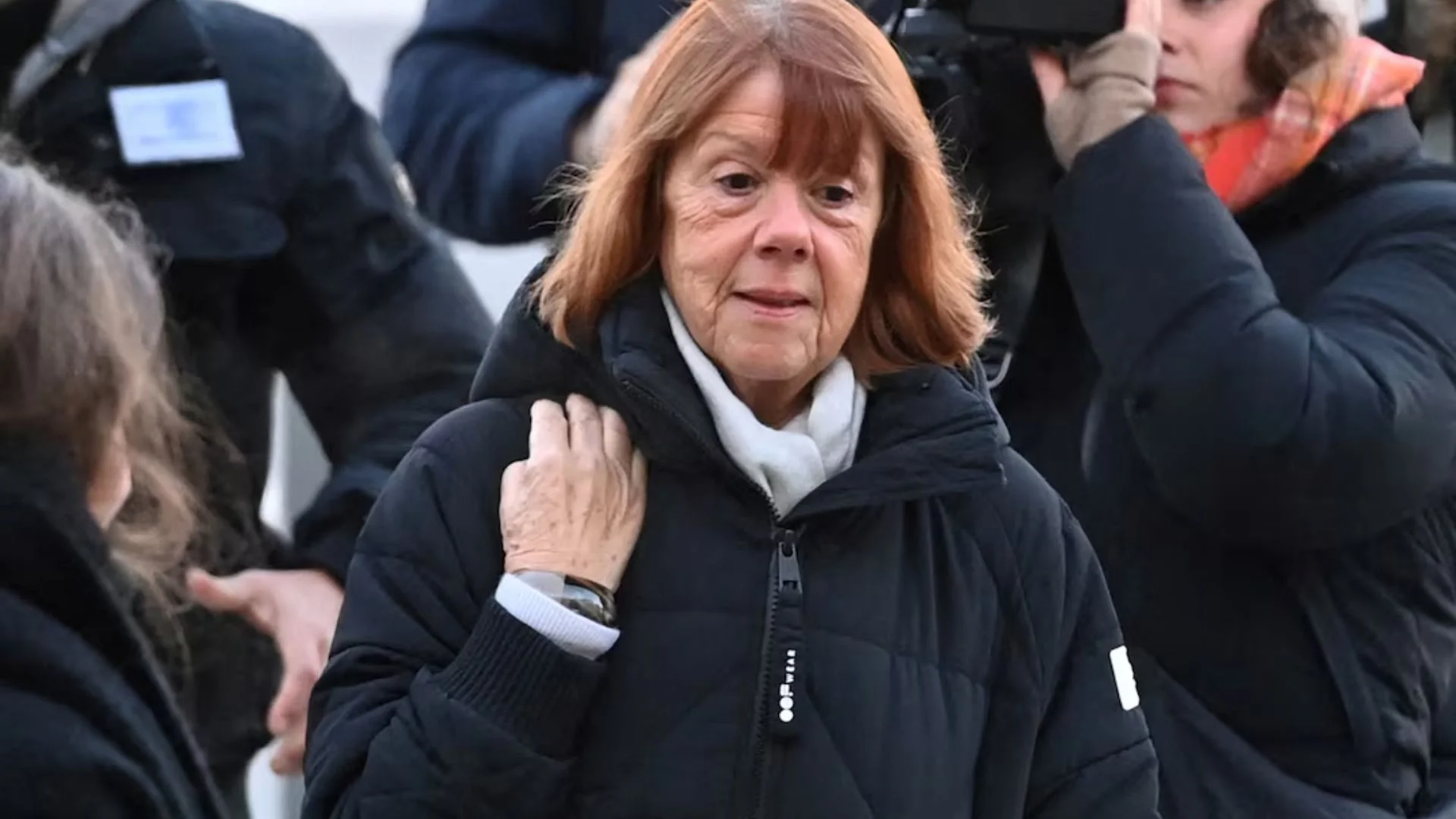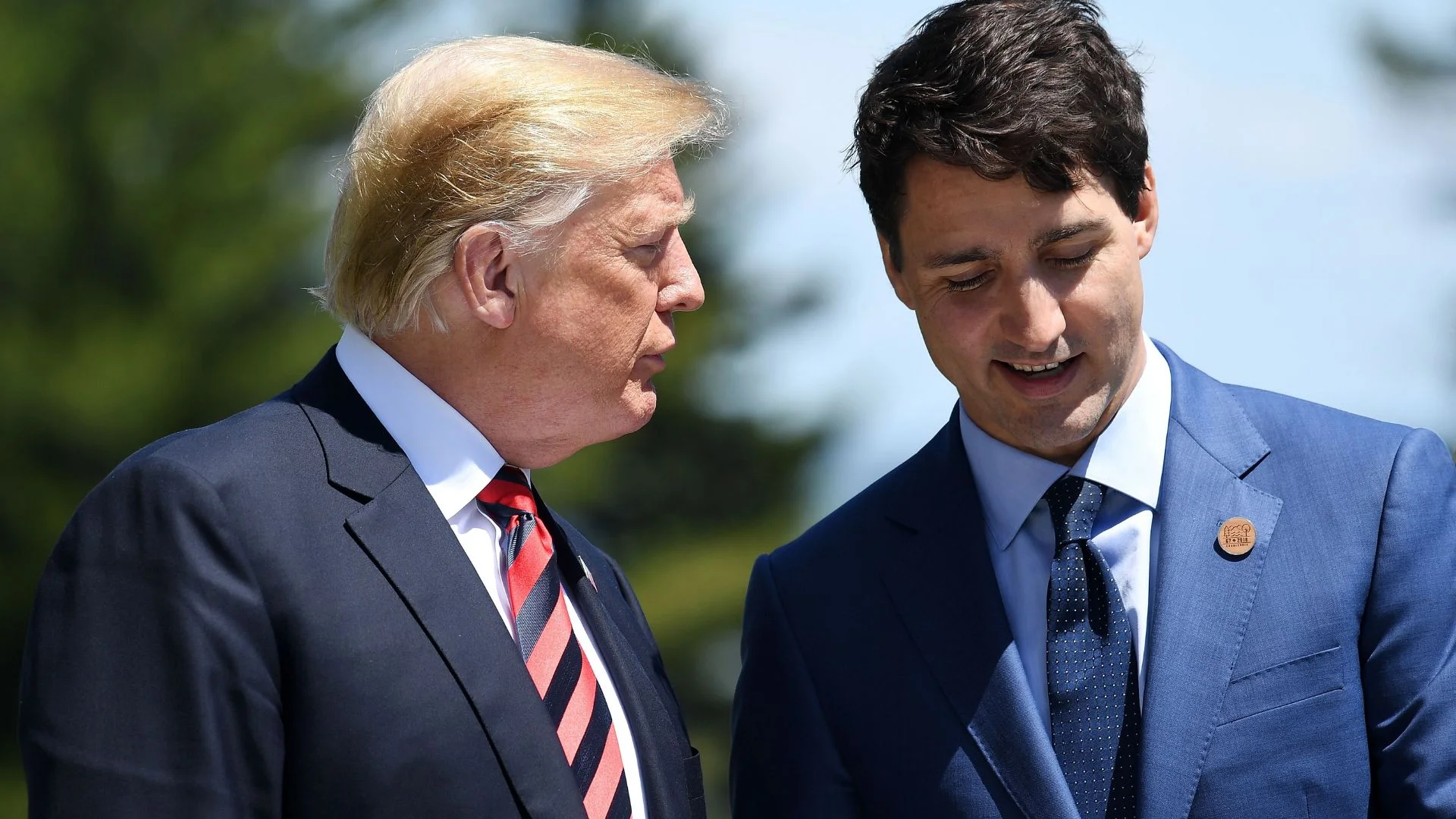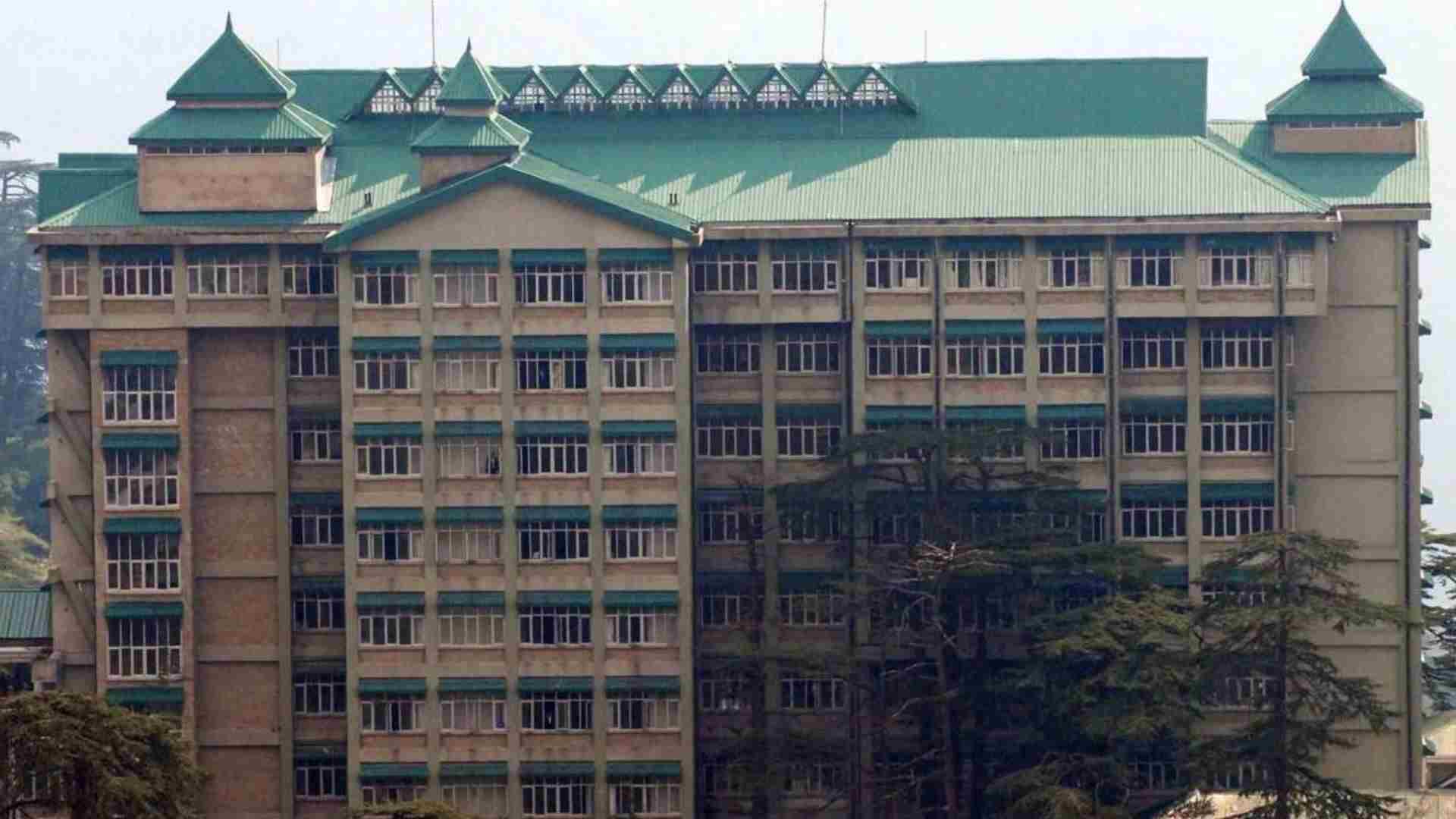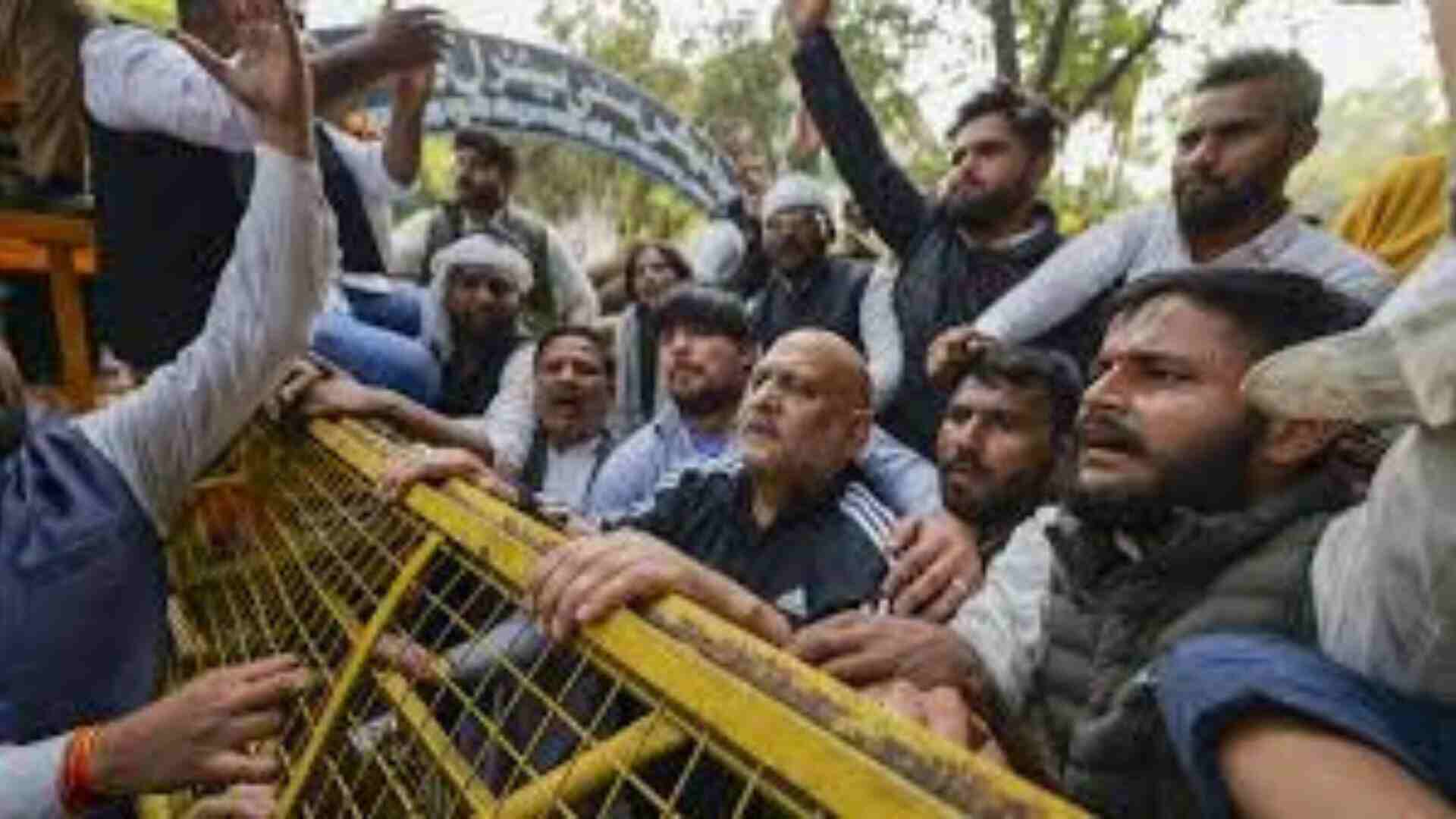
In a fresh series of inflammatory messages, Khalistani terrorist Gurpatwant Singh Pannu released two videos stirring up significant controversy amid already tense India-Canada relations due to recent diplomatic incidents. Pannu is linked to the extremist group Sikhs for Justice (SFJ).
In the first video, Pannu aggressively targets Hindus residing in Canada, sternly suggesting they should return to India and that Canada should exclusively belong to Khalistani supporters, a claim that clearly goes against the principles of Canadian multiculturalism and the inclusive nature of its society.
He further escalated the volatile discourse in the second video, announcing plans to initiate a “Death to India – Balkanize” global campaign on September 25. Pannu asserted that Indian embassies located in Vancouver, Ottawa, and Toronto would be shut down on the aforementioned date. This claim arises following allegations from the Canadian government suggesting Indian involvement in the death of another individual linked with terrorist activities, Hardeep Singh Nijjar. The campaign seeks to globally amplify the “Death of India (Bharat Murdabad)” rhetoric, leveraging Nijjar’s death to fuel anti-India sentiments. Pannu, who is among India’s most-wanted terrorists, not only declared Canada as a territory solely for Khalistanis but purported that the Canadian constitution doesn’t permit Hindus to reside in the country — a baseless statement fundamentally conflicting with Canada’s commitment to freedom of religion and human rights. Further attacking Indian diplomatic missions, he labelled them as “terror houses” engaged in conspiracies against Sikhs abroad, alluding to a daily plotting of Sikh killings, a claim that yet lacks substantial evidence.
Adding to the hostile narrative, Pannu directly accused Indian Embassy official Sanjay Kumar Verma of orchestrating Nijjar’s assassination in Canada, pledging to undertake a referendum against Verma under the “Kill India Movement” in Surrey, Canada, on October 29.
This sequence of alarming statements and unverified allegations by Pannu has intensified the uneasy atmosphere between India and Canada, escalating concerns over the fostering of extremist narratives and the safety of diverse communities residing in Canada. Indian and Canadian authorities are yet to respond to these recent provocations. It remains essential to uphold the principles of communal harmony and rule of law in these testing times.
